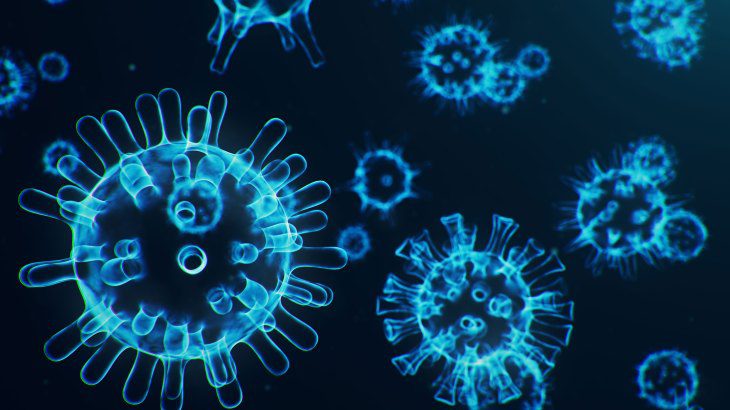Even though omicron is confounding the issue about when this will finish, pandemics do ultimately cease. But it won’t be as simple as turning off a light switch: the world will have to learn to live alongside a virus that isn’t going away.
The hyper omicron mutation is driving up case numbers to all-time highs and wreaking havoc as a weary globe fight to contain the transmission once more. This time, though, we’re not commencing at the beginning.
Vaccines provide excellent protection against major sickness, while they do not always avoid a minor infection. Omicron does not appear to be as lethal as some of its predecessors. People who recover will be more protected against other strains of the virus that are currently circulating, as well as the next mutation to arise.
When will the pandemic be over?
The World Health Organization will decide when enough nations have significantly reduced COVID-19 instances — or at the very least, hospitalizations and fatalities — to declare the epidemic officially finished. It’s unclear what that barrier will be.
Even if that occurs, certain regions of the globe will continue to suffer — particularly low-income nations with few vaccines or treatment options — whereas others will more readily shift to an “endemic” condition, as researchers describe it.
COVID-19, by example, has killed over 800,000 Americans in two years, whereas flu kills about 12,000 to 52,000 people each year.
The planet’s tolerance for COVID-19-related sickness and mortality is essentially a social rather than a scientific concern.
Currently, the United States is giving signs that it is on its way to what the future normal will be. The Biden admin claims that there are sufficient means such as vaccination boosters, new therapies, and masks to deal with even the omicron danger minus the pandemic’s prior lockdowns. The period that individuals with COVID-19 must spend in quarantine to avoid infecting others has been decreased to five days by the CDC, who claim it’s become evident that they’re most infectious early on.











Leave a Reply